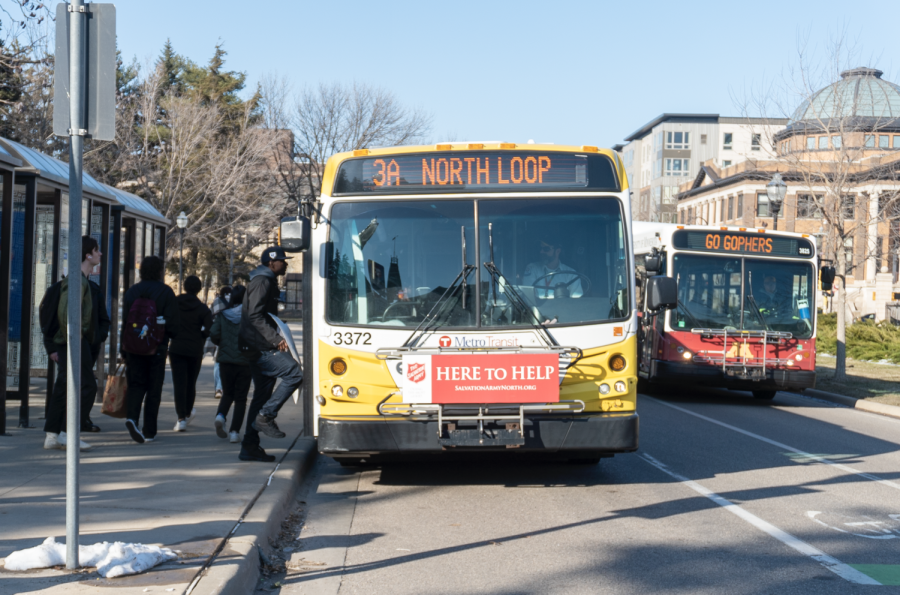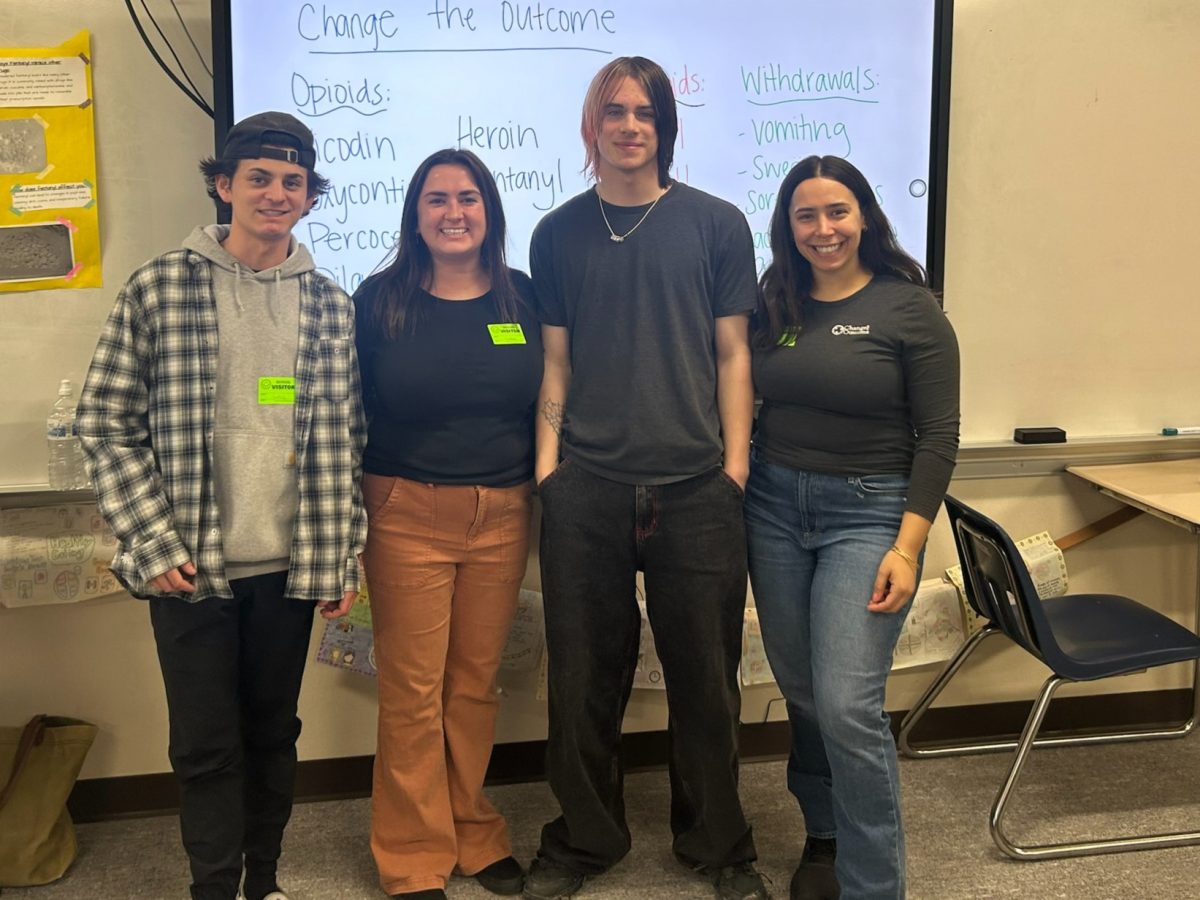Jade Beauclair faced criticism when she enrolled in the University of Minnesota’s Teach For America partnership program after graduating last spring.
“People were very judgmental about the choice I made,” said Beauclair, who received her degree in youth studies from the University.
Although the University-TFA partnership is set to receive state approval as a teaching licensure program in the coming weeks, alternative licensing programs still receive pushback from some educators who worry they don’t prepare teachers for all the responsibilities that come along with the job.
The University began its partnership with TFA last year, a move that upset a pool of students, professors and local teachers. Many argued against the program’s model, which allows its students to teach before receiving their licenses.
But Beauclair said she’s happy with her choice, adding that teaching while attending school allows her to think more broadly about education and identify problems in the classroom.
“I really don’t think there’s any true or holistic way to prepare you to be a first-year teacher,” she said.
Despite initial criticism, many people have embraced the program, said Deborah Dillon, the University’s College of Education and Human Development’s associate dean for graduate and professional programs.
As of last summer, 38 CEHD graduate students were participating in the program.
The University may recommend those who finish the program for a full-time teaching license after they complete a residency, two years of coursework and meet University and state standards.
Dillon said CEHD’s partnership with TFA creates a hybrid between the organization’s typical five-week model and the traditional graduate program the University offers.
Students receive a lot of support throughout the program, and that keeps them excited about teaching, said Jaimee Bohning, education director at the Northside Achievement Zone, a local nonprofit that prepares Minneapolis children for college. Students in the TFA program teach in Northside Achievement Zone schools.
“They have this cohort of teachers that are around them, so I think there’s a little more resilience right away,” Bohning said.
Kitty Foord, president of the Minnesota Association of Colleges for Teacher Education, said though several of Minnesota State Colleges and Universities system schools have some type of alternative teaching program, she doubted other schools would partner with TFA in the way the University has.
Foord said many people might not be comfortable with alternative teaching programs because of their negative associations with TFA.
Jill Pinkney Pastrana, dean of the College of Education and Human Service Professions at the University’s Duluth campus, said she isn’t against any form of alternative licensure program, though she doesn’t think there are many good models of them so far.
She said she’s concerned that teachers who become certified in these alternative programs might not plan to be a teacher long-term.
“It’s a stepping stone oftentimes,” Pinkney Pastrana said. “Many just see it as a temporary thing”.
She said many states turn to alternative programs as a quick- fix way to address teacher shortages — a problem she says isn’t as prominent in Minnesota as in other states.
Minnesota Board of Teaching member Erin Doan said there’s a perceived shortcut when it comes to alternative programs because some models are much quicker than traditional programs.
But Doan said some simply can’t go through an extensive program.
“There is just a need for a program that meets the needs of working adults [and] career changers who can’t afford to be without a paycheck,” she said.
Elementary education sophomore Erin Beerman said while she’s unsure whether she’ll take part in an alternative licensure program, they’re a good way for students to learn firsthand.
“I think Teach for America and other programs like that are great ways, with your teaching license, to gain real world experience,” she said.
Michael Spangenberg, TFA’s senior managing director of teacher leadership development in the Twin Cities, said the creation of the program plays on the strengths of both the University’s traditional program and the TFA model.
“I truly don’t believe that one is better than the other. I really don’t,” he said. “I just think that the more options we have to get great educators in the classroom, the better. And I think these provide avenues for folks who might not have gotten into education otherwise.”
















